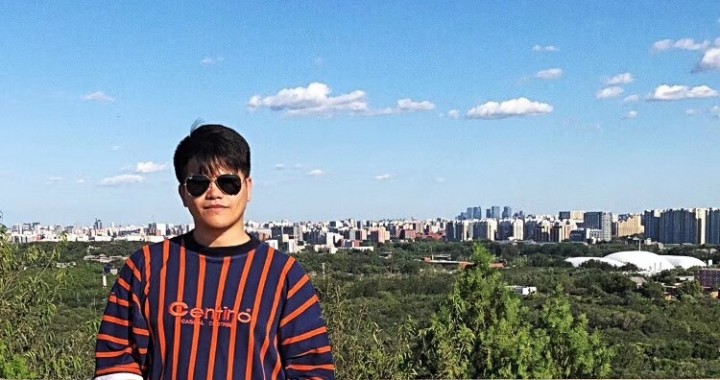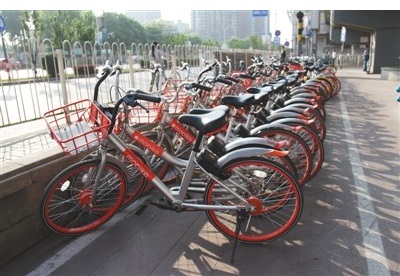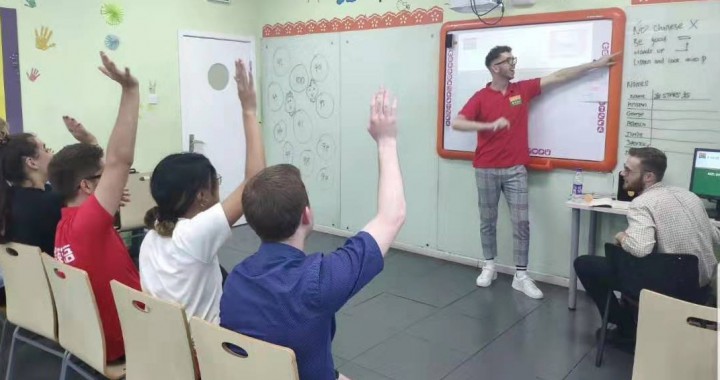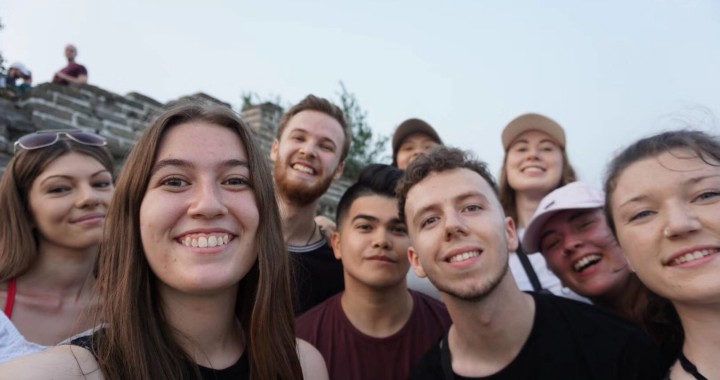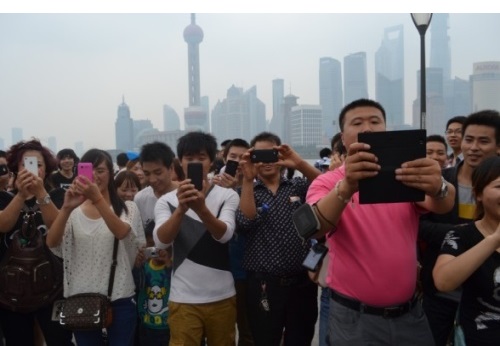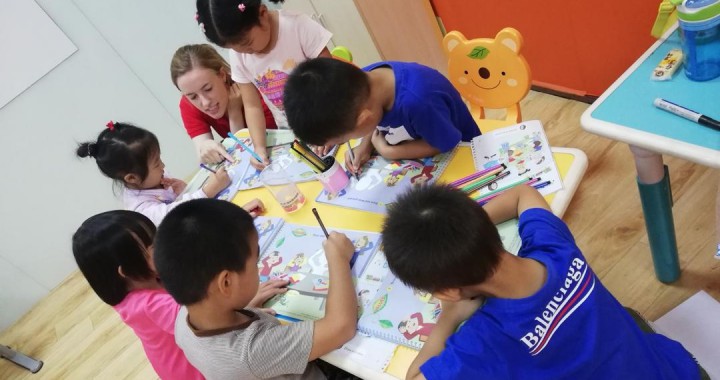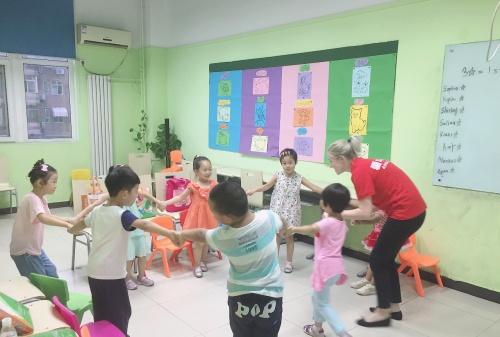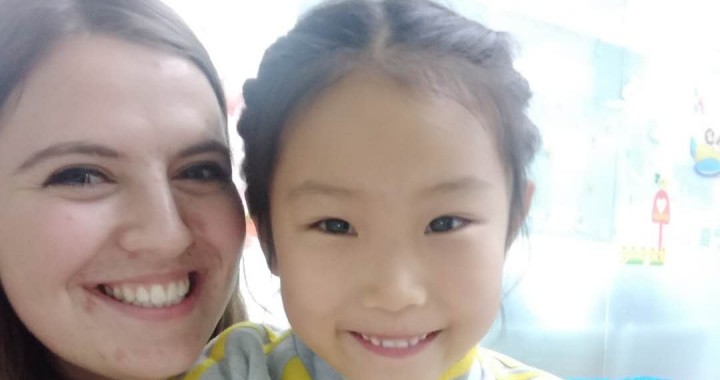So you have decided to move to a whole new country and, in that decision, have come to terms that you will face a whole new set of challenges that comes with adapting to a whole new culture and way of living. However, the beauty of living in somewhere like Beijing is that every little corner has a pocket of home: a café that serves your favorite home coffee; a restaurant that cooks up a dish which tames your home sickness; or, especially for me, recognizable shops that sell produce and goods you would find back home. Consequentially, my move across the world felt more like a move to another city. Beijing is so diverse in the cultures that encompass this concrete haven, so much so that if you looked hard enough, I guarantee you will find a sweet spot somewhere, some place, that will serve as your pseudo-home.
For myself, this pseudo-home is located at the very heart of Beijing – split across many districts and locations – and is the result of Beijing’s vast range of shops and shopping malls. Do you feel like you will miss your Western brands in fashion? Fret not, just outside Wanshoulu station on line 1 lies a shopping mall that hosts many Western brands: Tommy Hilfiger, Ted Baker, FILA, Adidas, ZARA, Gucci, Louis Vuitton, Ralph Lauren, Victoria’s Secret, and plethora of others. Are you an avid shopper and find yourself able to wade between shops for a whole day? Then take a trip to Xidan or Guomao and shop (or in my case: window shop) until you drop; the streets are lined with shopping mall after shopping mall and the bustling streets ceaselessly come to life with the chorus of high heels click-clacking, taxi and bus drivers honking at one another and the contenting noise of a heavy bag, filled to the brim with new clothes, perhaps a pair of shoes – or 4 – and some home decorations, rustle against the Beijing gale.
Consider yourself a bargain hunter? Come and test your skills at the famed Silk Street market and see if you can bargain your way to a few clothing or electronic steals. You, as a customer, may know the product is fake but the items authenticity looks valid and real enough so that others can not tell the difference. A lover for food shopping? There are an incessant amount of international food markets that sell your favorite cheese, sausages, chicken, almond milk, soy milk, or whatever it is your western belly desires.
That is where the beauty of Beijing lies, you see: Anything you want, and anything you could possibly need is within your reach, and none of it should leave such a big dent in your wallet that you’d have to ration for the rest of the month, but the only thing you need to do… is look.


